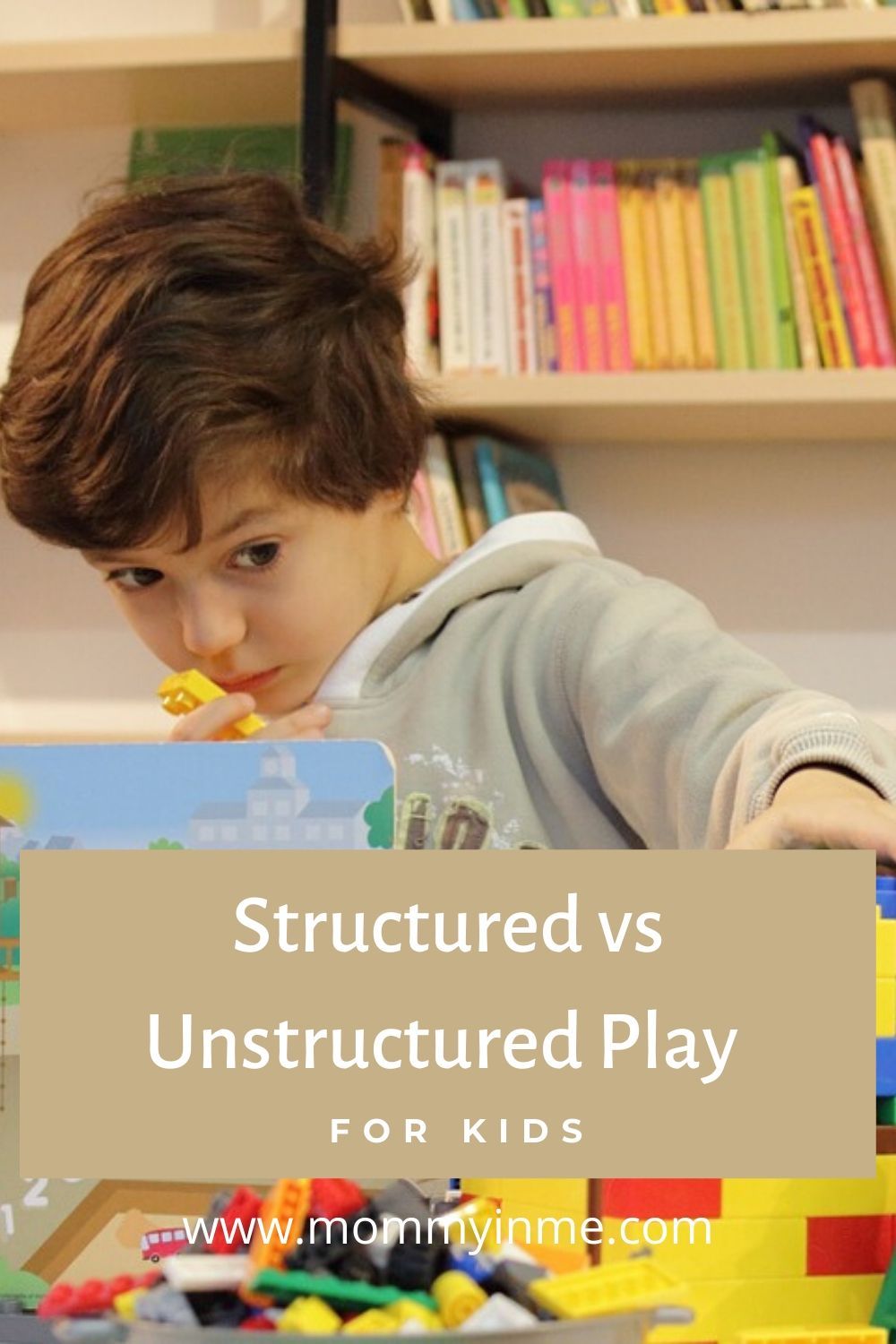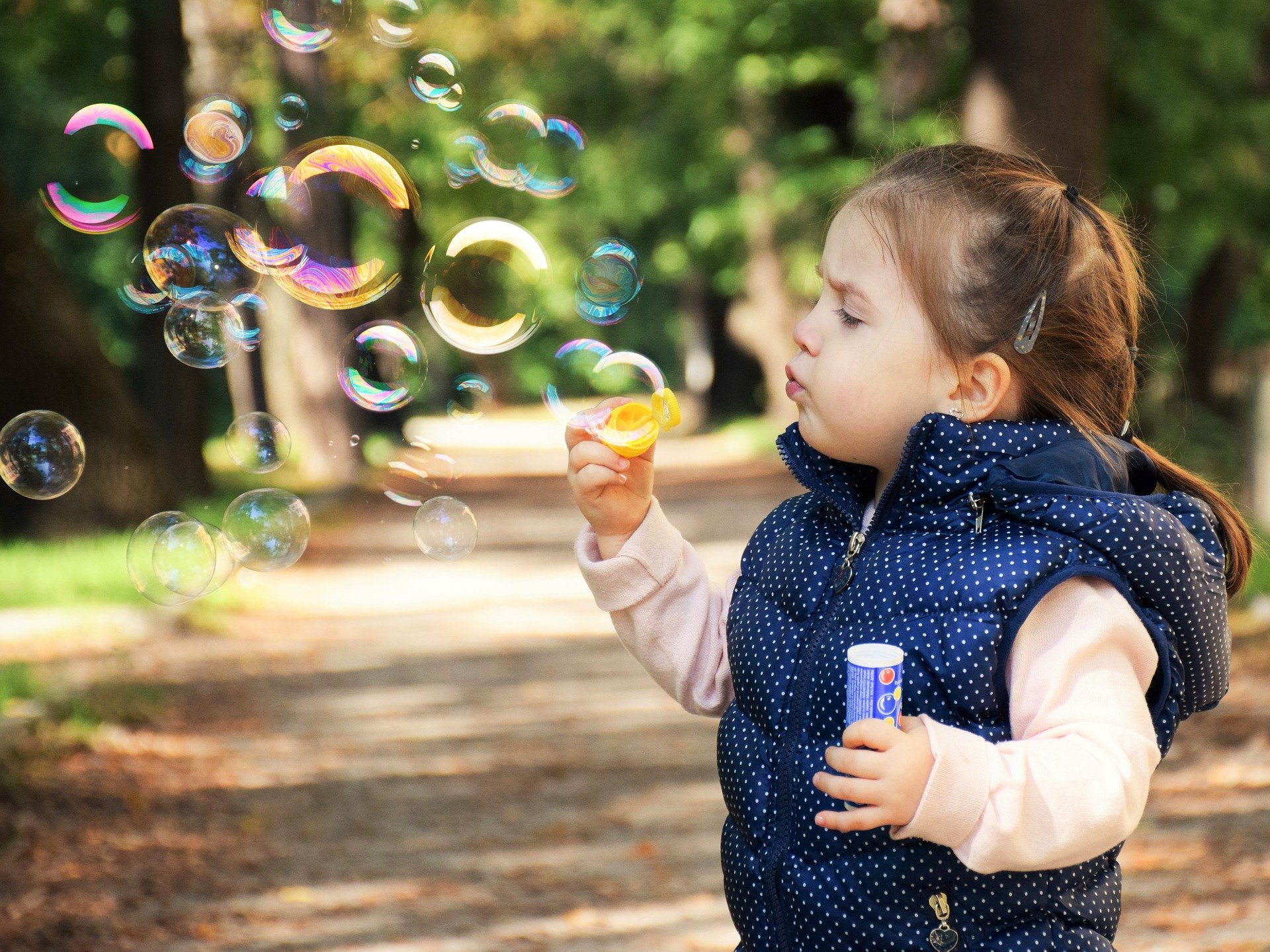Structured vs Unstructured Play
When I traverse in those childhood lanes, we had so much time to explore nature, go outdoors and even spend time indoors playing lots of sorting games, board games (Monopoly, Jackpot, scrabble). Today I realize it was the right mix to bring out our creativity, and yet evolve as a disciplined child.
Read: How to foster creativity in a child?
As my son grew, I worked to give him enough freedom to explore and learn. And yes, I scheduled both Structured and Unstructured activities for him. Allowing a child to explore both variants of play are quite crucial in building an extrovert and a confident personality. While talking about kids’ play, this is how they are broadly categorized as structured play and unstructured play. A child needs to have both these forms of play for overall learning and skill development. Continue reading further as what is structured vs unstructured Play for kids.

What is Structured Play:
As the name says, Structured Play is goal-oriented play, which means that an end result is expected out of that play/activity. It can be mental or even physical activity and involves specific learning. Usually, structured play activities are done under supervision (Parent, coach, teacher).
What are the examples of Structured Play?
- Lego sets, using the structured Lego booklet to make the designed objects
- Organized sports, like Tennis, Swimming, Badminton
- Puzzles
- Board Games
- Science kits/ subscription activity boxes
- Planned Crafts
- Sorting games (even sorting laundry)
- Any classes you child is enrolled into, even Music
Is Structured Play important for Kids?
Definitely, it is a skill-oriented play, and kids should be encouraged for Structured Play (but not for the full day). Such activities develop Logical, cognitive skills, improve motor skills, hand-eye coordination. Sports in particular play an important role in a child’s development.
Unstructured Play:
Do your kids feel bored? Are you as a parent always keeping kids engaged in a fixed schedule? Then you need to think once again, if you are providing them enough opportunities to get creative, dream, imagine and give rise to their own creations.
Well, this is Unstructured play, often termed as Free Play, and is not a goal-oriented play. It is open-ended, as your child takes does the activity of their own, often giving life to their imaginations.
Boredom is great, kids need to sit in their own boredom, and devise ways to entertain themselves. Now, schedule this free playtime daily for your kids. Let them be free, without any of the above stated structured plays. They might run around you to entertain them by any means or give them the gadgets. Don’t give in! Even your sofa cushions can ignite a new creative idea.
What are the examples of Free Play / Unstructured Play activities:
- Giving them a blank sheet to draw/paint their thoughts
- Pretend Play
- Building blocks
- Outdoor Play in the garden
- Imaginative plays (dressing up, making a tent out of bedsheets, trying hurdle race out of items kids see in the living room)
- Cardboard boxes, to create something
Is Unstructured Play important for Kids?
Yes! Kids are born creative and curious, they need to have time off from the scheduled activities for some Free play daily. It is the best type of play for young children. Let them explore the house, their toy baskets, and entertain themselves. Believe me, you’ll be amazed to see how creative these young minds can be! Check out my post on Boredom for kids, sharing my experiences there.
You cannot choose one! Remember both these forms of play are essential for a Childs growth. If you’re a parent who has scheduled all activities for the day, then reschedule them, adding up at least an hour’s free playtime. A balanced approach is the best for a child’s overall development and wellbeing.
How about your kids? Are they getting enough time to balance both Structured and Unstructured play activities?





I have always tried my best that my daughter has a balance between the two. Both are equally important and have a lot of benefits on the development of the child. Lovely post
I have seen several ‘science’ toys which I guess fall in the structured play category. But i do feel that unstructured play also encourages creativity and may even be more fun as it allows interaction with other kids. Its important to include both.
While organised routine is good, it’s equally important to let children be on their own. When we were raising our son, we kept that in mind.
love the post
Wonderful write up! Most parents do not give due importance to unstructured play. But it does play a critical role in every child’s development. Do check out our blog on unstructured play and its various benefits covered in detail.